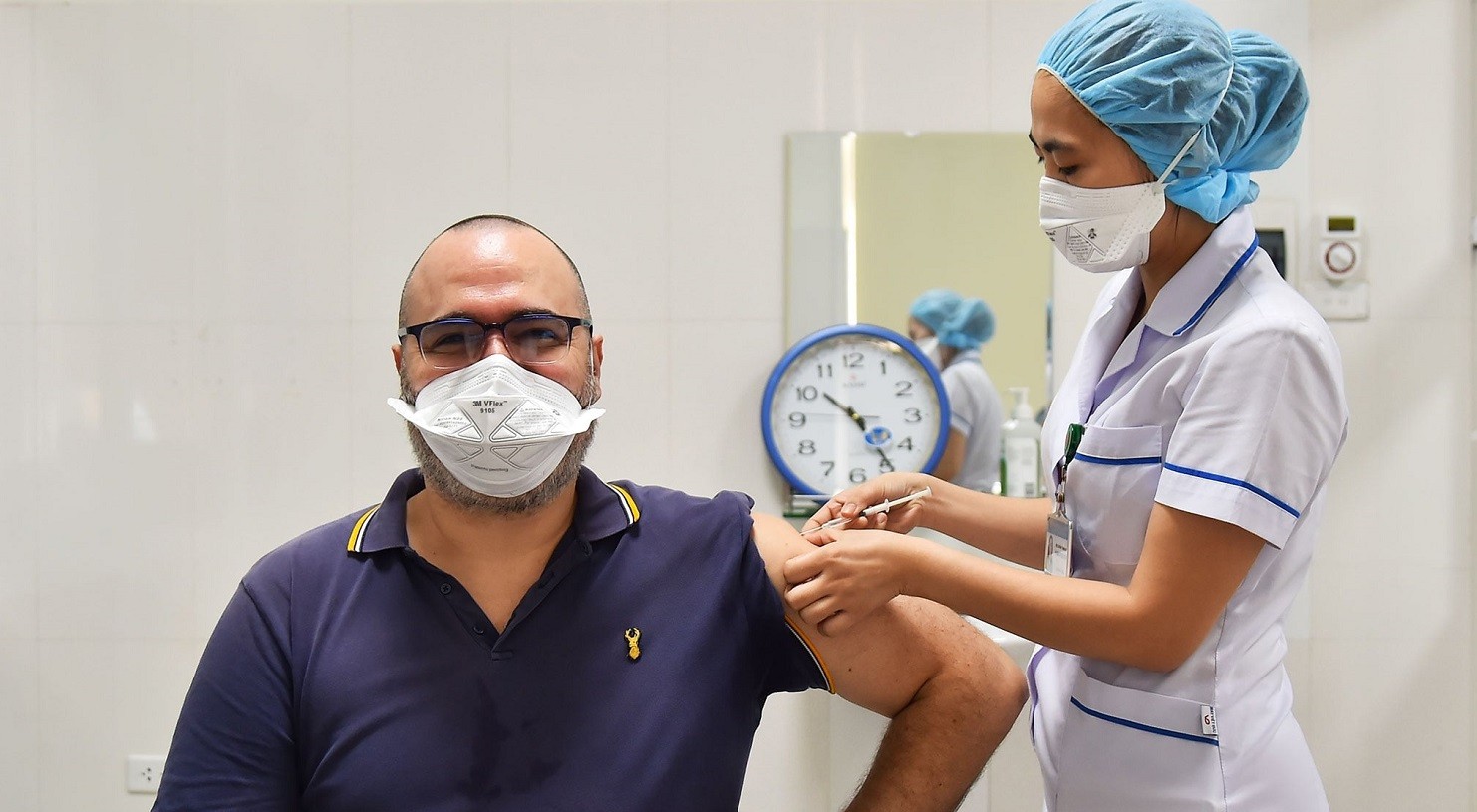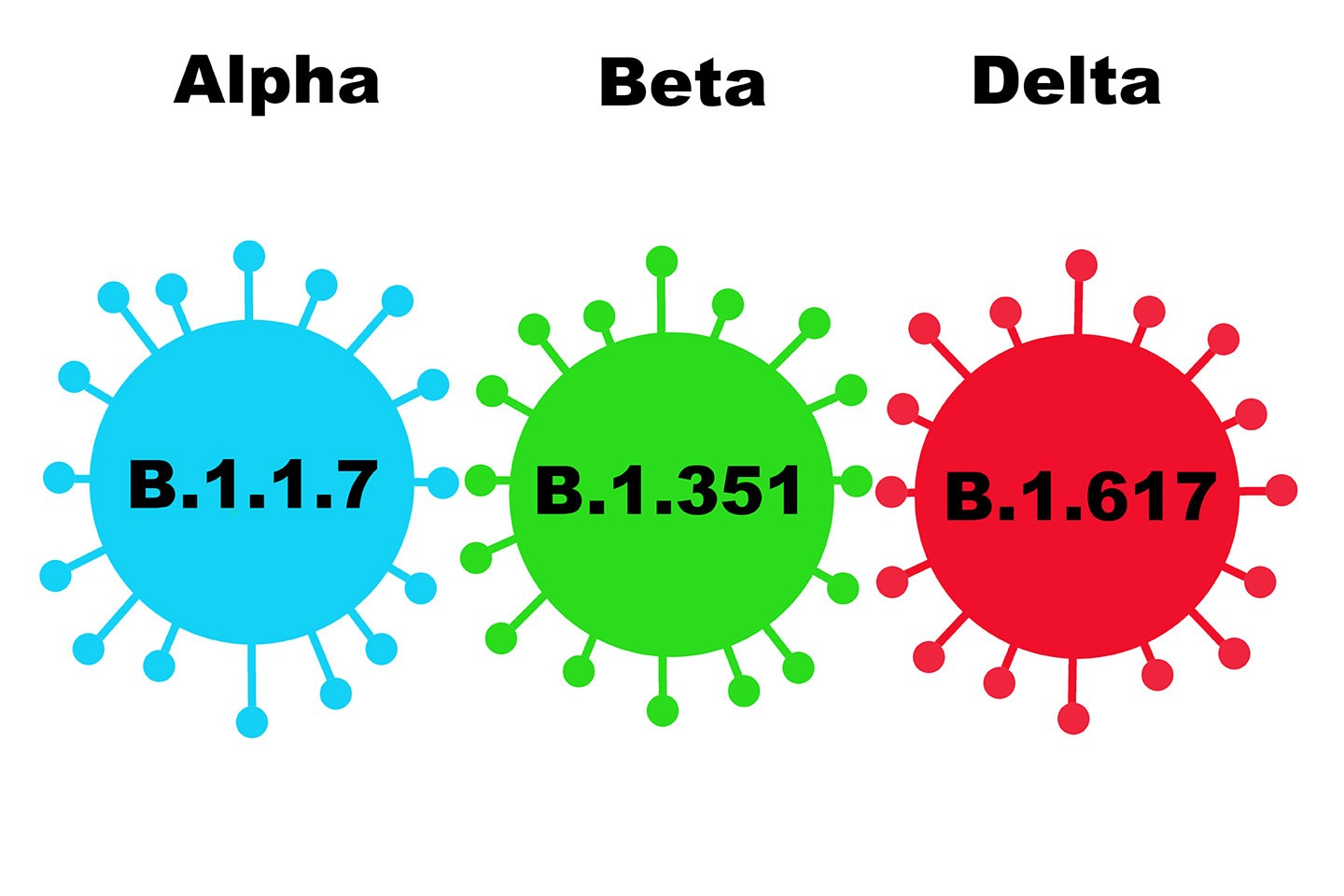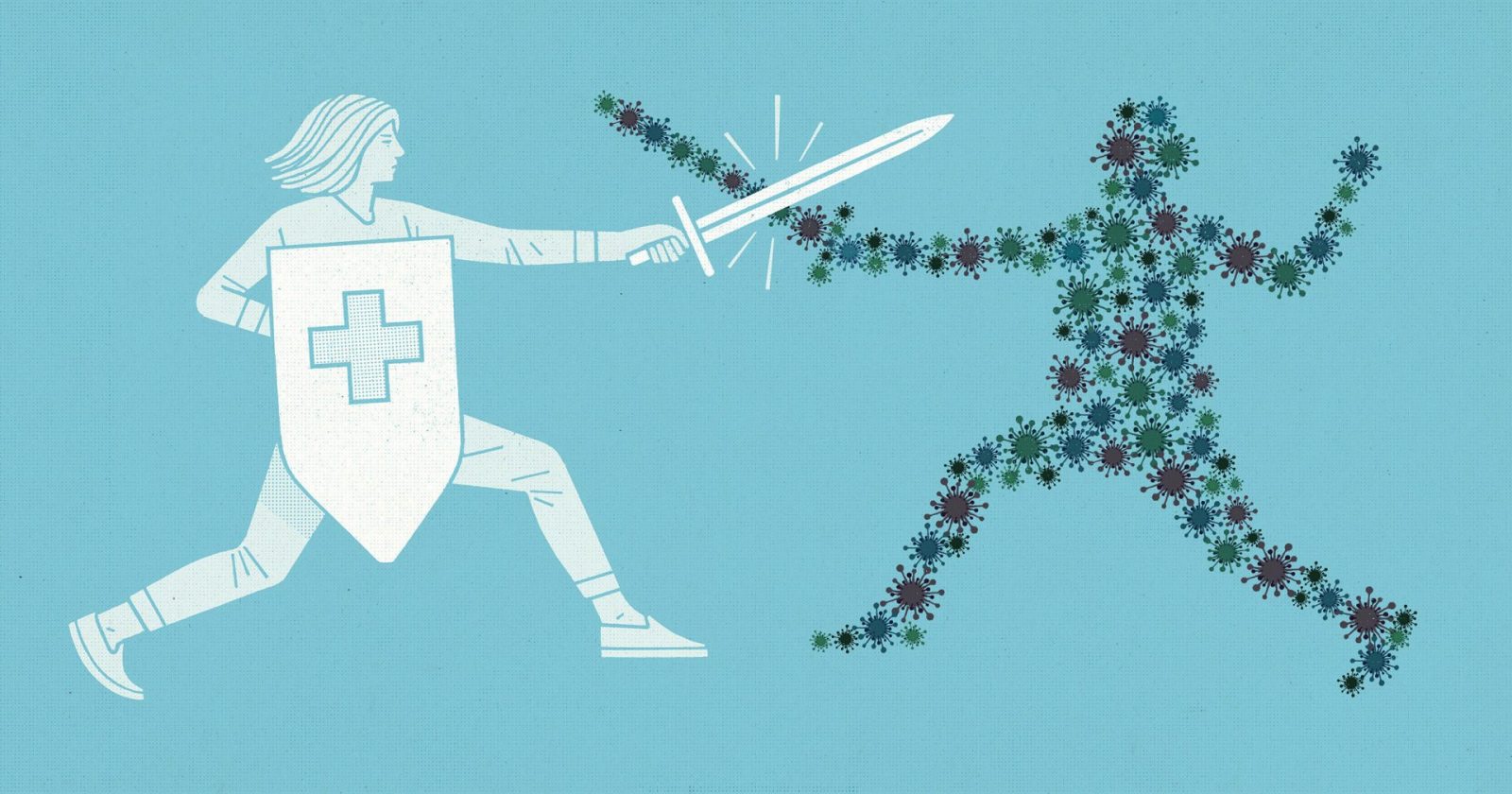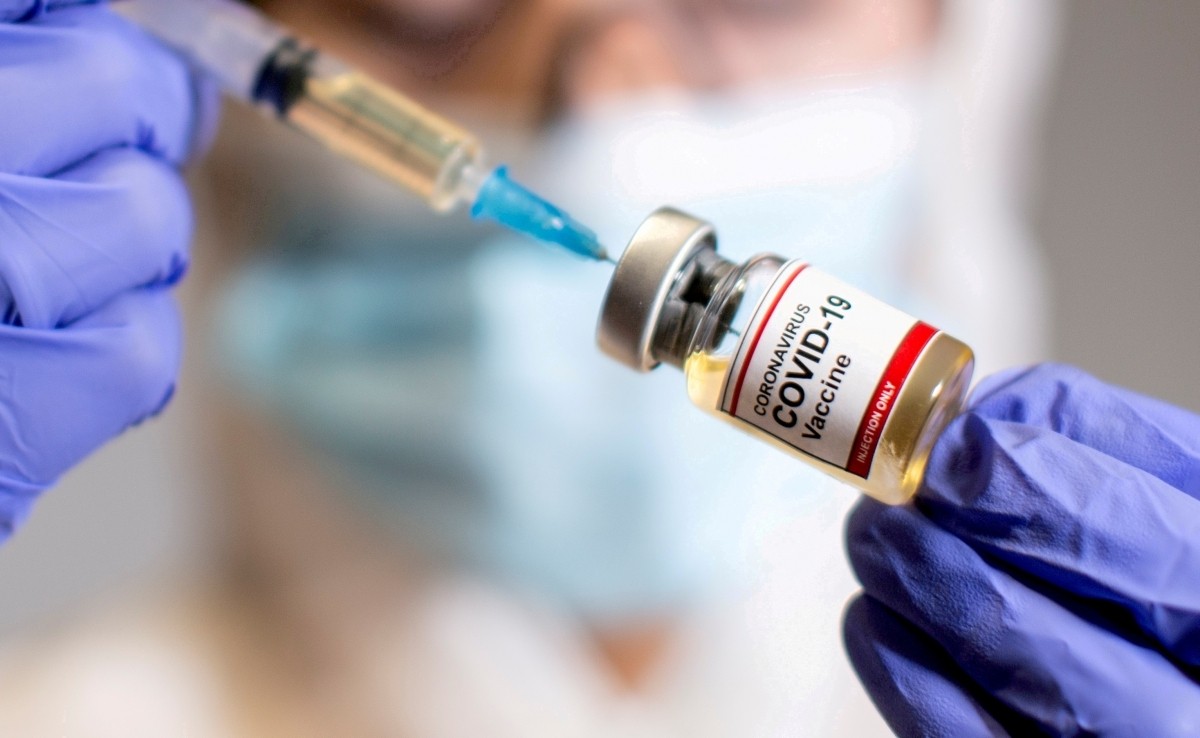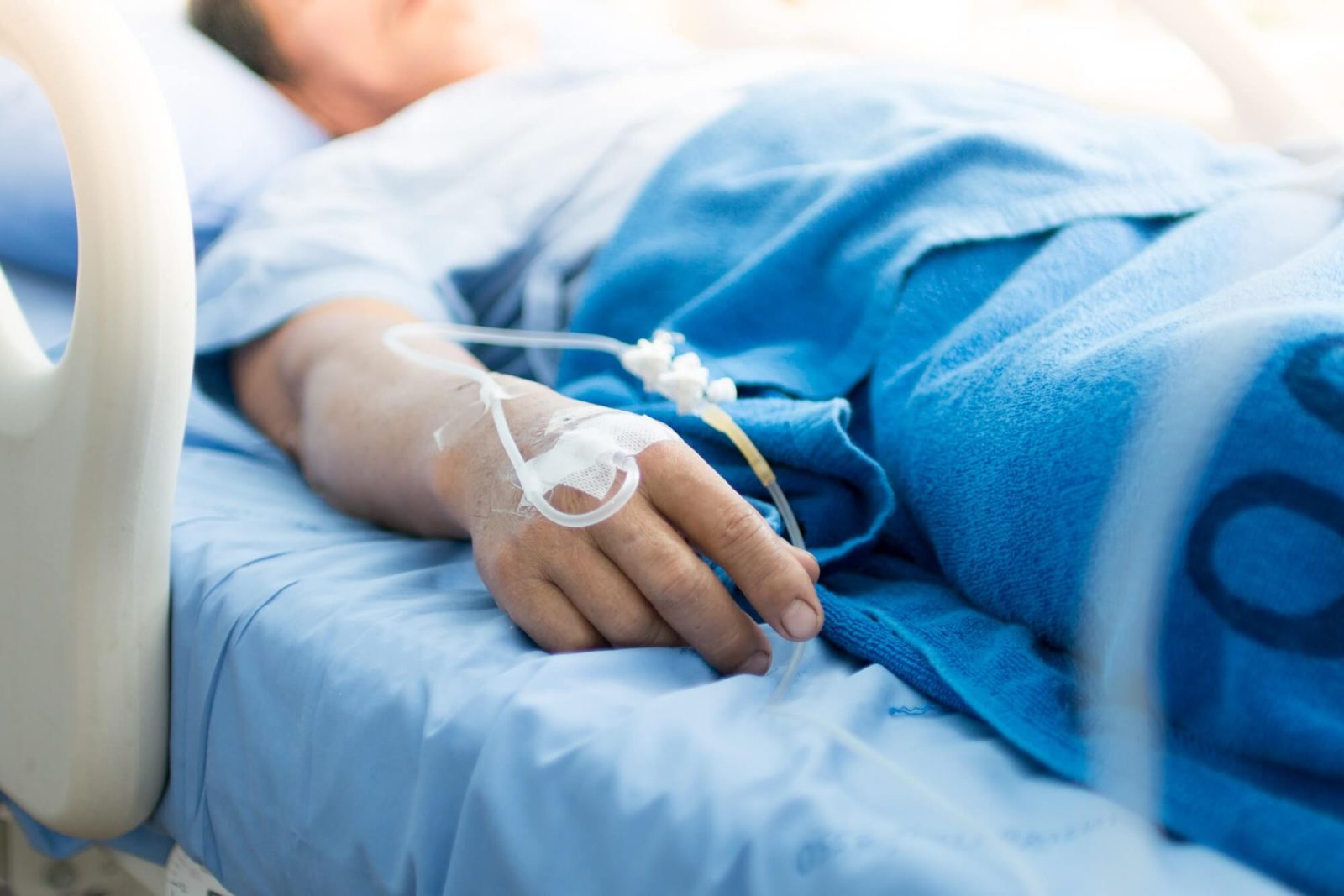Why do we still get Covid-19 after fully vaccinated?
When the vaccine was released earlier this year, the Covid-19 pandemic was almost miraculously under control in a number of countries. But now, when infected cases with Delta variant are increasing in countries having the high vaccination rate, including Israel and the UK, many people are feeling anxious towards getting Covid-19 after fully vaccinated.
Does the vaccine protect against Delta strain?
“Vaccine effectiveness is reduced with Delta strain. That is undeniable” said Dr. Leif Erik Sander, an infectious disease specialist at Charité University Hospital in Berlin (Germany).
However, exactly how much to reduce varies between studies.
A recent study on elderly people in nursing home in the US found that Pfizer and Moderna vaccines decreased their effectiveness in preventing the disease from 75% before Delta strain appearance to 35% after having Delta strain, accounting for 90% cases in the US, according to Science.
A large UK study also recognized that the resistance ability against symptomatic Covid-19 infection fell to 84% for Pfizer vaccine and 71% for AstraZeneca vaccine, between May and August 2021 when Delta variant appeared.
Like other studies, they also found that people infected by Delta breakthrough strain had a much higher viral load in their nose or throat compared to old variants, on average. Thus, it showed that they are highly able to transmit viruses to others, according to Science.
A large study in New York (USA) also gave similar results: The effectiveness of 3 vaccines, namely Pfizer, Moderna and Johnson & Johnson reduced from 91.7% to 79.8% between May and July 2021 when Delta variant appeared.
So, is the effectiveness of vaccines weakening?
Despite of being controversial, laboratory experiments have showed that Delta variant is not highly capable of evading vaccine-produced antibodies.
Therefore, there are 2 reasons for the increase in the case of getting Covid-19 after fully vaccinated: Delta’s intense infectivity or the gradual weakening of immunity produced by vaccines.
Towards elderly people in nursing home, they are all old and frail. Their reactions to vaccines may decline more rapidly than other ages and they have been vaccinated for a long time.
The UK study found that in cases with full vaccination, the later they were, the more easily they contract to Covid-19. Specifically, the protective ability of AstraZeneca vaccine decreased from 68% at 2 weeks after full 2 doses to 61% after 90 days.
The drop rate is even clearer towards Pfizer vaccine, from 85% to 75%.
Lead researcher in the UK, Professor Sarah Walker, specializing in epidemiology at Oxford University (UK), said “Maybe Pfizer’s protective ability dropped from very high levels initially and then stabilized again, or the third dose may be needed”.
At Israel, researchers also explored that people who got full vaccination in January – were liable to contract Covid-19 in June and July twice as high as those who were vaccinated in April.
Yet, Dr. David Dowdy, an infectious disease epidemiologist at Johns Hopkins University (USA), noted that the weakening of protective ability could also be due to other causes, including changes in individual behavior and the transmission rate in the community.
Dr. Dowdy provided that in the study in New York, the effectiveness of Covid-19 vaccines decreased the most in people aged 18 to 49 years old and the least in people over 65 years old.
This showed that the increase in risk behaviors among young people – as gathering in the crowd may be the cause of this trend.
“People’s behaviors in the US have remarkably changed, with fewer masks and more gatherings” Dowdy said.
“The possibility is that more frequent and more human contact is a part of the reason along with Delta strain or the reduced immunity produced by vaccines” added Dr. Dowdy.
Do vaccines protect against serious illness?
The lastest data affirmed that you could feel secure. “We can feel secure that there are very few cases requiring hospitalization after getting vaccination” said Dr. Sander. For instance, in New York study, nearly 95% patients which have been vaccinated do not require hospitalization.
Data from Ministry of Health of Israel showed that protection against serious illness was still nearly 92% for people aged 50 and under and 85% for people over 50 years old, according to Science.
Public Health England estimated that 2 doses of vaccines provided a 96% chance of not requiring hospitalization.
Is it necessary for getting the 3rd dose?
After researching the impact of the 3rd dose in immunocompromised patients, Dr Sander suggested that it should be injected to people over 60 years old, healthcare workers and those in a close contact with people having poor immune system.
A study in June reported that, for organ transplant recipients, 8 out of 24 recipients who had no antibodies after 2 doses developed antibodies after the 3rd dose, and all 6 recipients with low antibodies developed in a high level after getting the 3rd dose.
Recently preliminary data in Israel showed that the 3rd dose achieved an 86% effectiveness in preventing from disease infection towards people aged 60 and older – 1 week after the 3rd dose.
(Reference source: thanhnien.vn)
Some articles you may concern:

